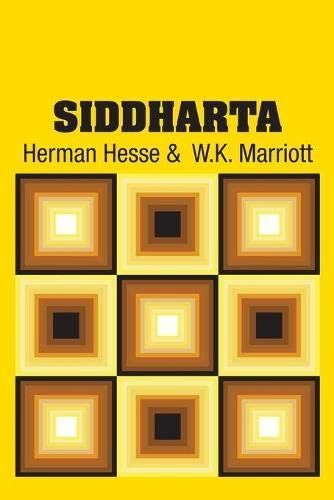Reviews
SONYA@madethroughlove
mimi nguyen@nakedguacamole
NEO@itzneo
Karel Marccenaro@marccenarokarel
Maria@arquimidea
Kirsten Kim@kirstenkim
anjali@anjalislibrary
Lindy@lindyb
Ubeyd Gencer@ubeyd
farro@farvvana
aya@lovetheme
egle trovato@egle
Laura Mauler@blueskygreenstrees
Arya Bhushan@oreo
rakshu@rakshureads
Traci Wilbanks@traci
Bart Veldhuijsen @bart
Erik Wallace@erikwallace
Jacob Medure@jacobs_blue
heleen de boever@hlndb
Faith Ho @faithho
SA@sajidahakther
Aakankaha Dwivedi@she_reads
Vishwa@vishwa
Highlights
Mariana Foster@marianasreading
Page 11
Mariana Foster@marianasreading
Page 9
Mariana Foster@marianasreading
Page 9
Mariana Foster@marianasreading
Page 9
Mariana Foster@marianasreading
Mariana Foster@marianasreading
Mariana Foster@marianasreading
Mariana Foster@marianasreading
Mariana Foster@marianasreading
Page 4
Mariana Foster@marianasreading
Page 3
Mariana Foster@marianasreading
Page 3
Mariana Foster@marianasreading
Page 3
Mariana Foster@marianasreading
Page 2
Mariana Foster@marianasreading
Page 2
Mariana Foster@marianasreading
Page 2
Mariana Foster@marianasreading
Page 2
Mariana Foster@marianasreading
Page 2
Mariana Foster@marianasreading
Page 2
Mariana Foster@marianasreading
Page 1
Mariana Foster@marianasreading
Page 1
Mariana Foster@marianasreading
Page 1
nanafark@nanafark
nanafark@nanafark
nanafark@nanafark
